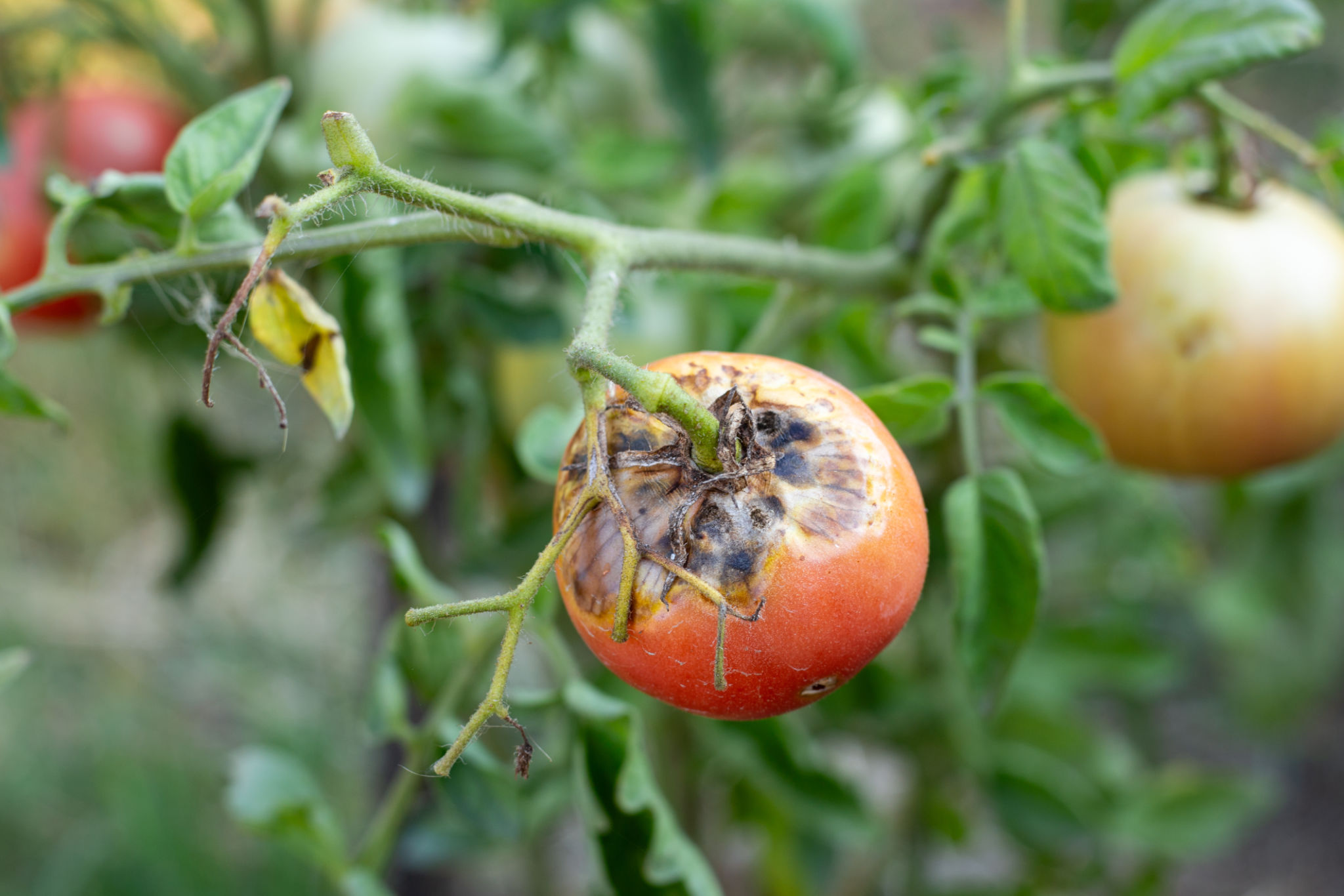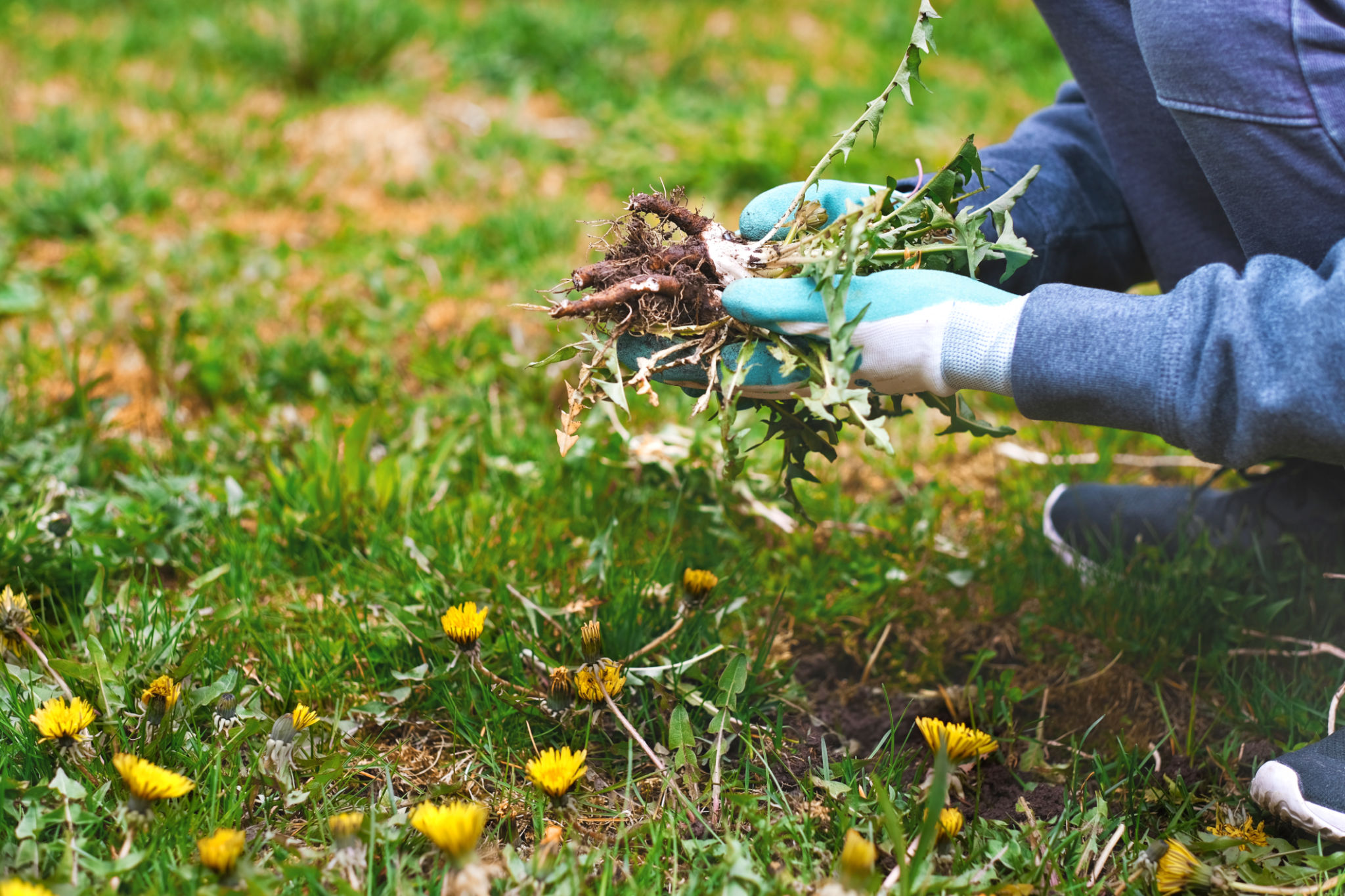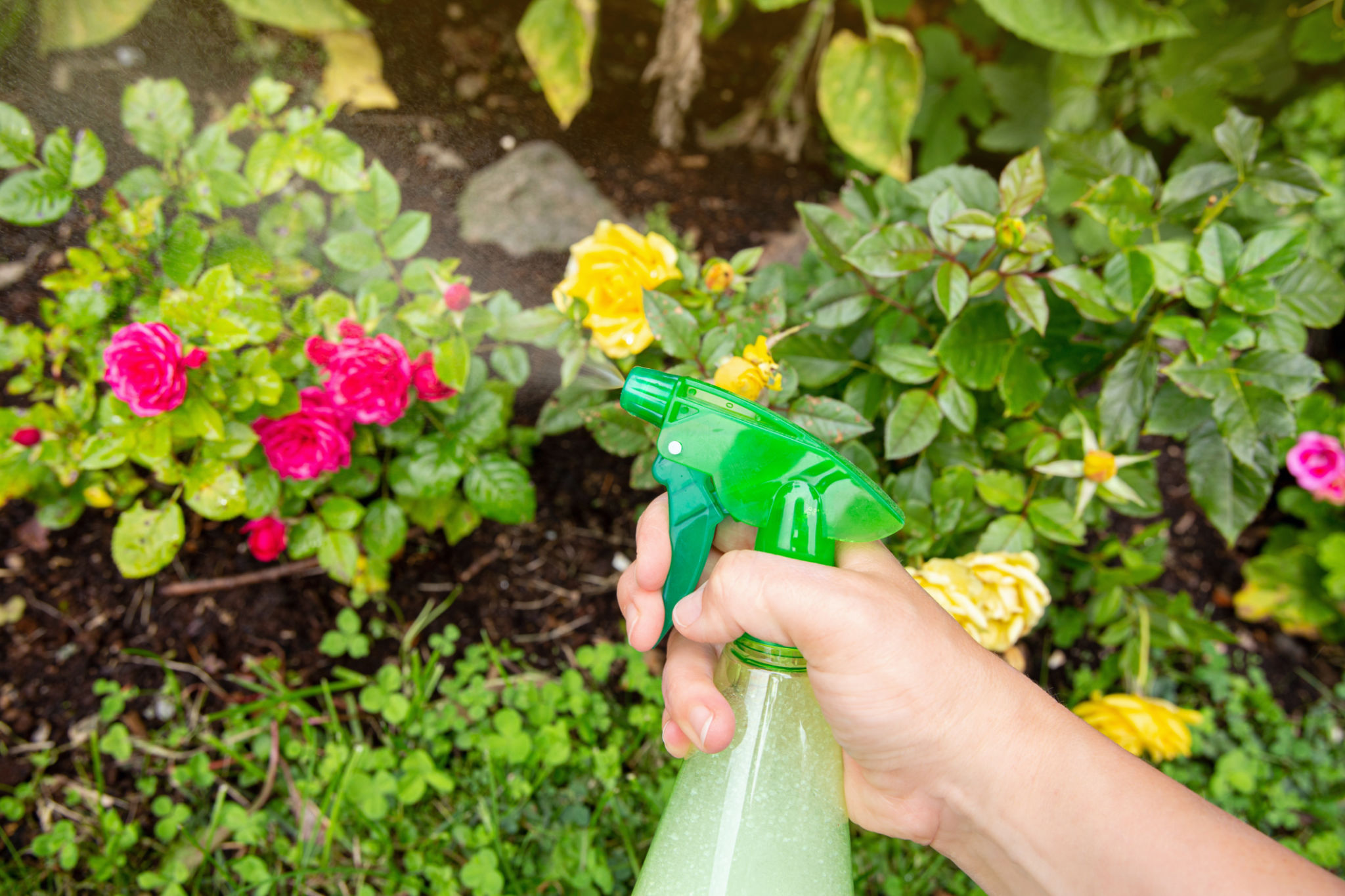DIY Tips for Maintaining a Pest-Free Garden in Canberra
CM
Understanding the Common Pests in Canberra Gardens
Gardening in Canberra can be a delightful experience, but it comes with its own set of challenges, especially when it comes to pests. From aphids to snails, understanding the common garden pests in this region is crucial for effective pest management. Recognizing the signs of an infestation early can save your plants from significant damage.
Canberra's climate can attract a variety of pests such as caterpillars, whiteflies, and spider mites. These pests can cause considerable harm if not managed properly. Identifying these intruders and understanding their life cycles will help you implement timely control measures.

Natural Pest Control Methods
One of the most effective ways to maintain a pest-free garden is by using natural pest control methods. These methods are not only environmentally friendly but also safe for your plants and beneficial insects. Here are some strategies you can employ:
- Companion Planting: Planting certain types of plants together can naturally repel pests. For example, marigolds are known to deter nematodes and other harmful insects.
- Beneficial Insects: Encourage insects like ladybugs and lacewings that prey on garden pests. You can attract them by planting flowers like daisies and sunflowers.
- Neem Oil: This natural pesticide is effective against a wide range of pests and is safe to use around pets and children.

Keeping Your Garden Clean and Healthy
A clean garden is less likely to attract pests. Regular maintenance practices such as pruning, weeding, and removing dead plant material can significantly reduce the risk of pest infestations. Ensure that your garden beds are tidy and free from debris where pests might hide or lay eggs.
Additionally, proper watering techniques are essential. Overwatering can lead to root rot and make plants more susceptible to pests. Use drip irrigation systems to deliver water directly to the roots, reducing moisture on plant leaves.

Creating Physical Barriers
Physical barriers are an excellent way to prevent pests from reaching your plants. Installing row covers or netting can protect crops from flying insects and birds. Additionally, laying down copper tape around pots or garden beds can deter slugs and snails as they dislike crossing it.
For smaller pests, consider using floating row covers that allow light and rain through but keep insects out. These covers can be particularly useful during the early stages of plant growth when young seedlings are most vulnerable.
DIY Pest Deterrents
There are several DIY solutions you can make at home to deter pests effectively. For instance, a simple garlic spray can repel a variety of insects. To make it, blend garlic cloves with water and strain the mixture before spraying it onto your plants.
Another effective homemade deterrent is a soap spray. Mixing a few teaspoons of mild liquid soap with water and spraying it on plants can suffocate soft-bodied insects like aphids and mites. Always test a small area first to ensure your plants don’t have an adverse reaction.

Monitoring and Adjusting Your Strategies
A successful pest management strategy requires regular monitoring of your garden. Keep an eye out for any signs of new infestations or damage. Adjust your methods accordingly by increasing or rotating the types of natural deterrents you use.
Consider keeping a gardening journal to track which methods worked best for your garden throughout different seasons. This record can be invaluable for future planning and ensuring continued success in maintaining a pest-free environment.
